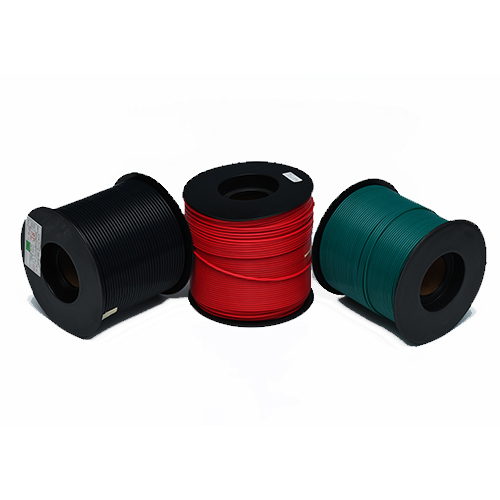Maintaining a 3D printer or extrusion system often involves handling PTFE (Polytetrafluoroethylene) tubes, which guide filaments or materials through the hotend. Over time, these tubes may need replacing due to wear, clogging, or heat damage. Knowing how to remove a PTFE tube from an extruder properly ensures machine performance and prevents damage to internal components. As a professional PTFE Tubing Supplier, we provide high-quality tubing solutions and expert tips to support your maintenance procedures.

Why PTFE Tubes Are Essential in Extruders
PTFE tubes are widely used in 3D printers, filament extruders, and industrial extrusion systems for their exceptional heat resistance, low friction, and chemical inertness. They ensure smooth material flow and stable extrusion—making tube maintenance critical.
Key Benefits of Quality PTFE Tubing:
High Temperature Resistance (up to 260°C)
Low Coefficient of Friction for smooth feeding
Chemical & Corrosion Resistance
Long Service Life
When Should You Remove or Replace a PTFE Tube?
You may need to replace or remove the PTFE tube if:
Filament clogs or jams frequently
The tube shows discoloration or deformation
Poor extrusion consistency or under-extrusion occurs
Material residue builds up inside the tube
Step-by-Step: How to Remove PTFE Tube from Extruder
Follow these safe and simple steps to correctly remove the PTFE tube:
1. Power Off and Cool Down
Turn off the machine and allow the hotend to cool to room temperature to avoid burns or deformation.
2. Release the Filament
Unload any filament from the extruder to prevent sticking or obstruction.
3. Press the Pneumatic Fitting (Push-Fit Connector)
Most extruders use a push-to-release connector. Gently press down the collet ring while pulling the PTFE tube upwards.
4. Pull the PTFE Tube Straight Out
Never twist forcefully. Apply steady upward pressure to remove the tube cleanly without damaging the fitting.
5. Inspect and Clean
Check for carbon buildup, debris, or melted residue. Clean the coannector before installing a new PTFE tube.
6. Reinstall a New PTFE Tube
Insert the new tube firmly until it reaches the hotend base. Ensure it is seated tightly to prevent gaps (which cause clogs).
Common Mistakes to Avoid
| Mistake | Consequence |
|---|---|
| Pulling tube without pressing fitting | Tube or connector damage |
| Removing when hot | Warping or burns |
| Leaving gaps | Filament leakage & clogs |
| Using low-quality PTFE | Frequent replacements |
Why Choose Us as Your PTFE Tubing Supplier
We specialize in manufacturing and supplying premium PTFE tubing tailored for extruders, 3D printers, and industrial equipment.
Product Features
Material: 100% Virgin PTFE
Inner Diameter: 1.75mm / 2.0mm / Custom
Outer Diameter: 4mm / 6mm / Custom
Temperature Range: -200°C to +260°C
Tolerance: High precision for filament feed systems
Services Offered
✔ Bulk Supply & OEM Custom Cuts
✔ Colored PTFE Tubes (Blue, Red, Transparent)
✔ High Lubricity “Capricorn-Grade” Tubes
✔ Fast Shipment & Global Delivery
Applications of PTFE Tubing
3D Printer Hotends & Bowden Systems
Filament Extrusion Machines
Chemical Transfer Systems
Medical & Laboratory Equipment
Use quality push-fit connectors and ensure a tight, flat tube end cut.




